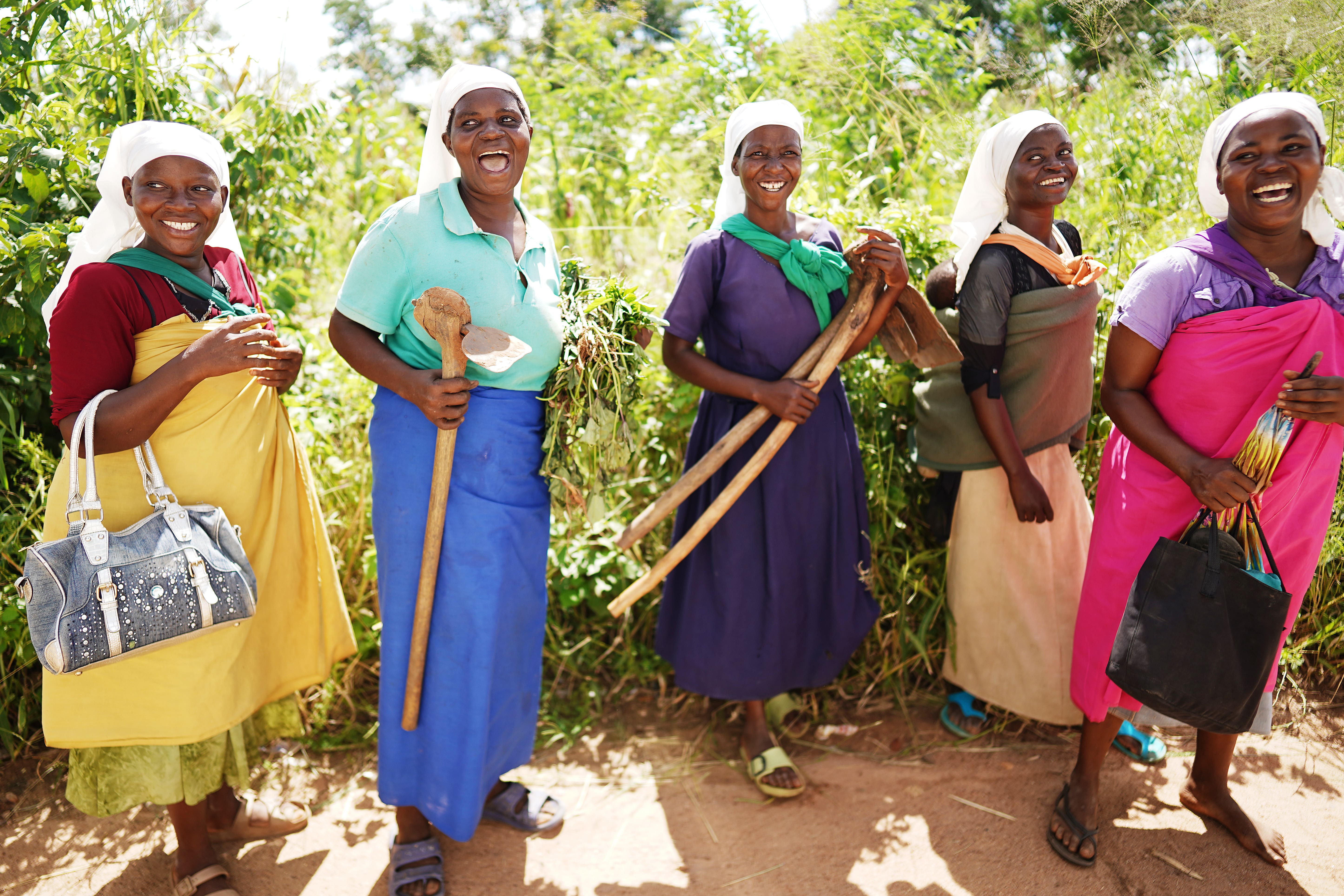Malawians dare to hope in face of David-Goliath climate struggle
The ‘warm heart of Africa’ has been plagued by droughts, floods and cyclones.

Your support helps us to tell the story
From reproductive rights to climate change to Big Tech, The Independent is on the ground when the story is developing. Whether it's investigating the financials of Elon Musk's pro-Trump PAC or producing our latest documentary, 'The A Word', which shines a light on the American women fighting for reproductive rights, we know how important it is to parse out the facts from the messaging.
At such a critical moment in US history, we need reporters on the ground. Your donation allows us to keep sending journalists to speak to both sides of the story.
The Independent is trusted by Americans across the entire political spectrum. And unlike many other quality news outlets, we choose not to lock Americans out of our reporting and analysis with paywalls. We believe quality journalism should be available to everyone, paid for by those who can afford it.
Your support makes all the difference.There is a saying in Malawi that if children eat from the fig tree, their parents are the ones who will get sick.
It echoes Malawi’s own fight against climate change – it has not brought about the problem but is suffering the consequences.
A small nation not much bigger than Ireland but with four times its population, Malawi has experienced devastating floods, cyclones and droughts that lead to spells of hunger.
Two deadly cyclones – Freddy in 2023 and Idai in 2019 – devastated Malawi communities while five of the country’s worst floods have been in the past 10 years.
Of the 100,000 homes destroyed during Cyclone Freddy last March, just 300 have been rebuilt.
The Malawian government is grappling with multi-billion US dollars worth of damage caused by relentless disasters that it cannot afford to pay.
It has estimated the cost of repairs caused by Cyclone Freddy alone at 680 million US dollars (£539 million).
These extreme weather events keep coming despite the average Malawi citizen emitting just 0.1 tonnes of carbon a year, compared to 6.8 tonnes of carbon per Irish citizen and 4.6 per person in the UK as of 2020.
Yet, in a very human response that may sound familiar to Irish people, a mixture of community and faith keeps Malawians going.
All around, people are seen in their fields, walking for hours to the nearest mill or market, or cleaning clothes.
Along every stretch of russet dirt track and pot-holed major road, people are busy: women walk together balancing blue buckets of grain on their heads, boys herd cattle, teenagers sell piled fruits on plates.
An elderly man chews on sugarcane as he transports a stack more on a bicycle he wheels alongside him.
When asked if people retire in Malawi, the reply was: “If you stop working, you stop eating.”
Farmer Simeon Kauinga, 40, said life was difficult for him and his family in recent years, as rain became sparse and dry spells common in his Balaka community.
He said his family regularly went hungry as crops failed in his area.
After taking part in a farmer training project, he has diversified his crops, uses organic fertiliser from old crops and has changed his technique to help preserve moisture in his fields.
“As much as we are now still being affected by the dry spells, the survival rate of our crops have improved,” he said, speaking through an interpreter.
“My hopes in the future of my children are reaffirmed because I believe through these methods of farming I will be able to sustain my fields.”
The PA news agency accompanied Irish charity Trocaire to villages in rural southern Malawi and were welcomed by locals dancing and singing, promising to continue the “good farmer” practices they have been taught.
They sing about the presence of visitors giving them power and that when other villages heard about their arrival they got malaria they were so sick with jealousy.
They sing because a visit from foreigners from an island called Ireland who have an interest in their plight is a sign of hope.
“We see hope, even when others don’t see hope,” Phillip Nyasulu, Trocaire Malawi’s climate justice and disaster risk management officer, told PA.
“Just having someone visiting to chat with you means that a problem half shared is half solved. So, this is why, just by our visit, there is already hope, even where they don’t see any hope.
“This is why everyone is happy, because we have hope.
“Personally, I would be surprised if I was going to some of the developed countries and they were in the situation that we are … trying to have a meeting with them while they’re facing the impact.
“I don’t think they would be dancing. I don’t think they would be smiling. Maybe we don’t share the same belief that a problem shared is half resolved.”
It brings to mind the Irish language saying ‘ar scath a cheile a mhaireann na daoine’ – people survive by living under each other’s shelter.